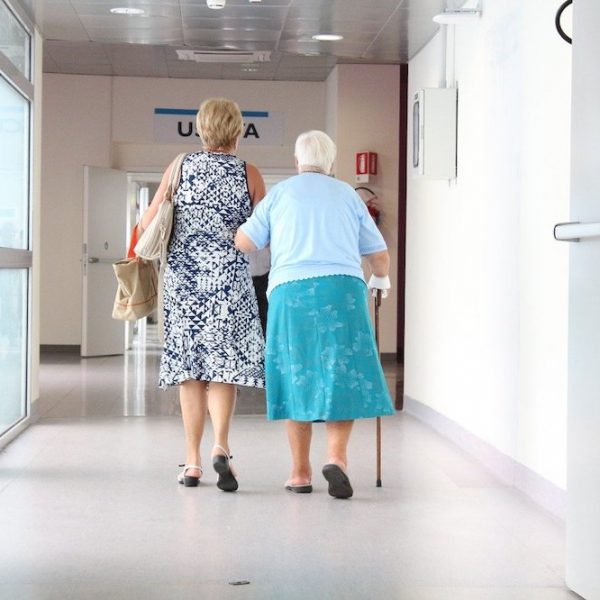College response to announcement that NHS England is to be abolished
Read our response to this week's announcement from the government
Read the latest RCOphth news updates and guidance here.
Read our response to this week's announcement from the government
Professor Ben Burton, President of The Royal College of Ophthalmologists, gives the College view on this guidance, which was published last week.
Professor Ben Burton, President of The Royal College of Ophthalmologists, gives the College view on the Public Accounts Committee report on NHS financial sustainability.
Professor Ben Burton, President of The Royal College of Ophthalmologists has commented, following the publication of 'Reforming elective care for patients'
Read College President Professor Ben Burton's comment the report, which was published today.
Read our response to the UK general election results on 5 July. Our president, Ben Burton, comments on Labour's victory and the unrivalled opportunity to deliver change and ensure patients receive the timely care they need.
The College is undertaking a pilot scheme to determine whether Physician Associates (Pas) are an appropriately skilled and financially appropriate addition to the ophthalmic workforce.
Gordon Cropper, who was a former member of our Board of Trustees, died in early September. Prior to becoming a Lay Trustee, Gordon was a member of the Lay Advisory Group and was a dedicated and valued member of both our Training Committee and National Recruitment Subcommittee.

The Department of Health and Social Care has today published its Elective recovery taskforce implementation plan. The plan covers England and focuses on ‘increasing the use of independent sector capacity across a broader range of specialties, helping to get NHS waiting times down and ensuring every patient can realise their right to choose where they receive their NHS care’.

Following representations by RCOphth and other organisations, the government has taken the welcome step of confirming that sight testing will be expanded to all special schools from 2024/25.